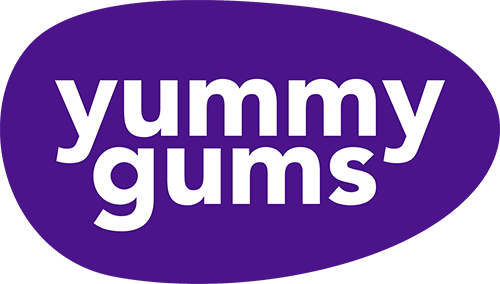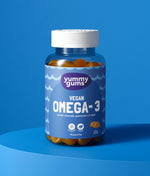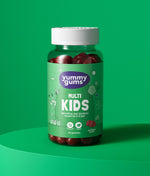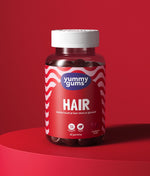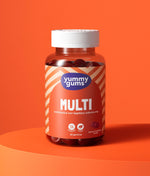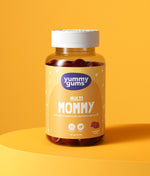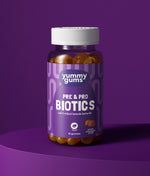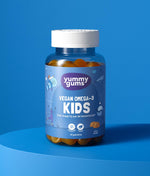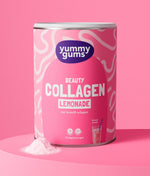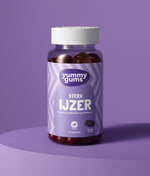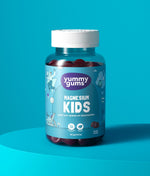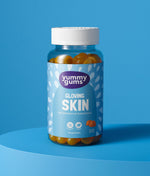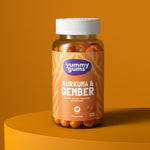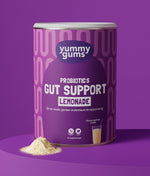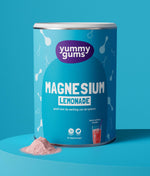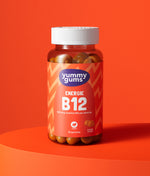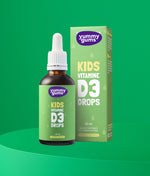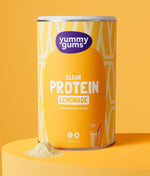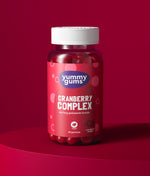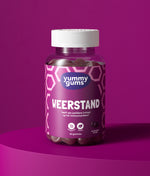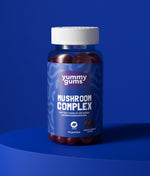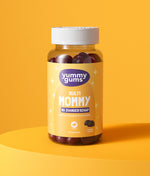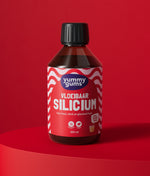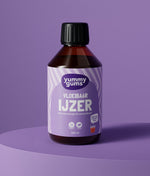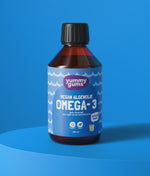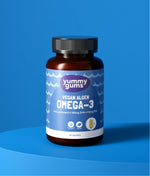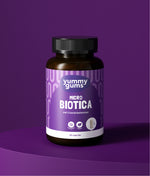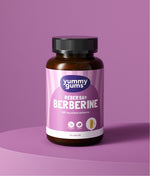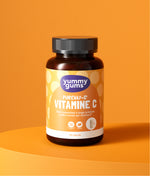This is how you take care of your resistance right now
Lifestyle
As soon as the autumn wind picks up, your nose almost automatically starts to tickle. The vitamin bottles are dug out again, and the thick sweaters at the back of the closet are put back in the closet. It's harder to maintain a good immune system, and colds and the flu are lurking. During this colder, grayer period, it's even more important to pay extra attention to this. Vitamins C and D are essential, and we're happy to explain why.
How do you support your resistance?
A healthy immune system is closely linked to a healthy lifestyle. Make sure you get enough sleep, eat healthily, maintain good hygiene (wash your hands!), exercise and relax, and get plenty of fresh air. So, if you haven't already, dig out your warm hat and scarf and put on a thick pair of ankle-length socks. Your organs have to work harder to stay warm, so it's wise to give them a little help.
Vitamin C against colds?
Vitamin C, also known as ascorbic acid, owes its good reputation to its positive effect on your immune system and resistance. It also activates your body's natural energy, contributes to iron absorption, and acts as an antioxidant to protect healthy cells. Finally, vitamin C is also beneficial for immune function during and after physical exertion. Reason enough to maintain this vitamin! Fruit, vegetables, and potatoes are important sources of the recommended daily intake of vitamin C. If you don't get this from your diet, you can obtain this vitamin through a supplement.
The sunshine vitamin D
Vitamin D, also known as the "sunshine vitamin," can be produced by the body when sufficient sunlight reaches the skin. During autumn and winter, a lack of sun puts you at greater risk of deficiency. The vitamin contributes to normal resistance and the immune system, so there's certainly a case to be made for regulating your intake during the colder months. It's also important for maintaining strong bones and teeth, plays a role in the production of cells and tissues, has a positive effect on your muscles, and reduces the risk of falls.
Besides UV radiation, it's also possible to get vitamin D through food. Oily fish, eggs, and meat are good sources of vitamin D. This can sometimes make it a bit challenging for vegans, vegetarians, and flexitarians to get enough, so they're advised to take a vitamin D supplement. Wondering if you need extra vitamin D? Read more about the vitamin and the risk groupshere .
An all-round multivitamin
In addition to these two vitamins, there are several other substances known for their positive effect on your immune system. Better known as "The Top 10 for Immunity": vitamins A, B6, B11, B12, copper, selenium, iron, and zinc. It's no wonder you'll find many of these vitamins on the ingredients lists of multivitamins, including our Multi and Kids Multi . Multivitamins are a source of various vitamins, minerals, and other nutrients for daily use. They should complement a healthy lifestyle, not replace food. You can also find out which individual vitamins meet your additional needs. If you already get enough of a substance, taking extra is unnecessary; your body doesn't store it, and any excess intake is excreted in many vitamins.
Warm days are still a while away, so prepare well in the coming period to get through the cold. Bundle up, watch your vitamin intake, and soak up the sunshine whenever you can!
